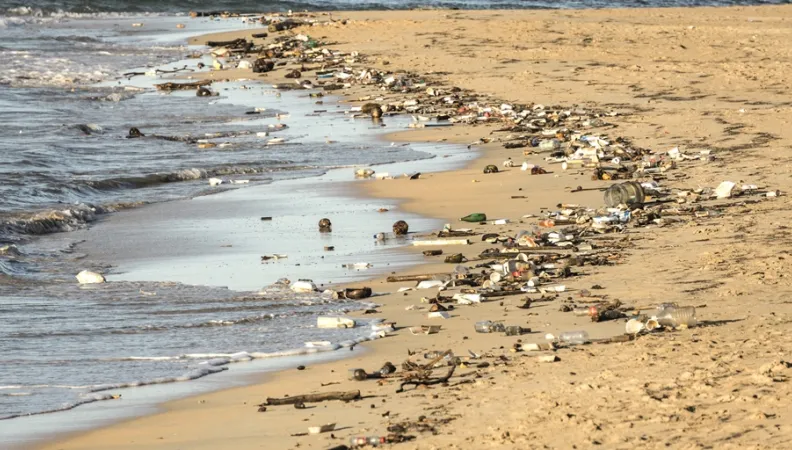Share the page
Monitoring and modelling the circulation of marine debris in Indonesia
Project


-
Project start date
-
Status
Ongoing
-
Project duration
-
2 ans
-
AFD financing amount
-
€ 500 000
-
Country and region
-
Location
-
Indonésie
-
Type of financing
-
Beneficiaries
-
Indonesian Ministry of Maritime Affairs and Fisheries
AFD has partnered with the French National Research Institute for Sustainable Development (IRD) to support the Indonesian Ministry of Marine Affairs and Fisheries in better monitoring and modeling the circulation of marine debris in Indonesia.
Context
Largest archipelago in the world with nearly 17,000 islands and the 6th exclusive Economy Zone (sea surface of 6 million km²), Indonesia is a country that relies on its unique relationship with its oceans for its development and international integration. At the same time, the importance of the maritime domain makes Indonesia an important reservoir of biodiversity, which is now threatened by human activities and the impact of climate change. As a result, sustainable management of biodiversity and marine resources is a key national issue.
Second largest producer of marine plastic waste in the world after China, Indonesia is increasingly concerned about preserving its marine heritage and its food security (more than 6.5 million people employed in the finishing and aquaculture sectors), but also to better understand the impact of this pollution on human health. An action plan to combat marine debris has been promulgated by Presidential Decree in 2018, aiming at reducing plastic debris by 70% by 2025.
Description
At the request of the Ministry of Marine Affaires and Fisheries, AFD has granted a EUR 500 000 study dedicated to strengthen Indonesian institutions in terms of knowledge, prevention and awareness of marine pollution caused by plastics. This program will support the Indonesian government in the reduction of plastic waste, but also enhance its status as a leader in the Economic Commission of Asia Pacific (APEC) in which Indonesia is the pilot country in the fight against marine pollution.
The program aims to improve the understanding of the propagation of marine debris and its impacts on the seas in order to put in place effective and optimized actions related to this issue. The project will give a statistical view of the plastic accumulation sites according to different seasons.
Impacts
- Establish a pilot project at the Indonesian level to set up a marine debris monitoring system
- Generate knowledge about the impact of marine debris
- Provide recommendations for the marine debris collection program
- Raising Awareness of Marine Pollution


